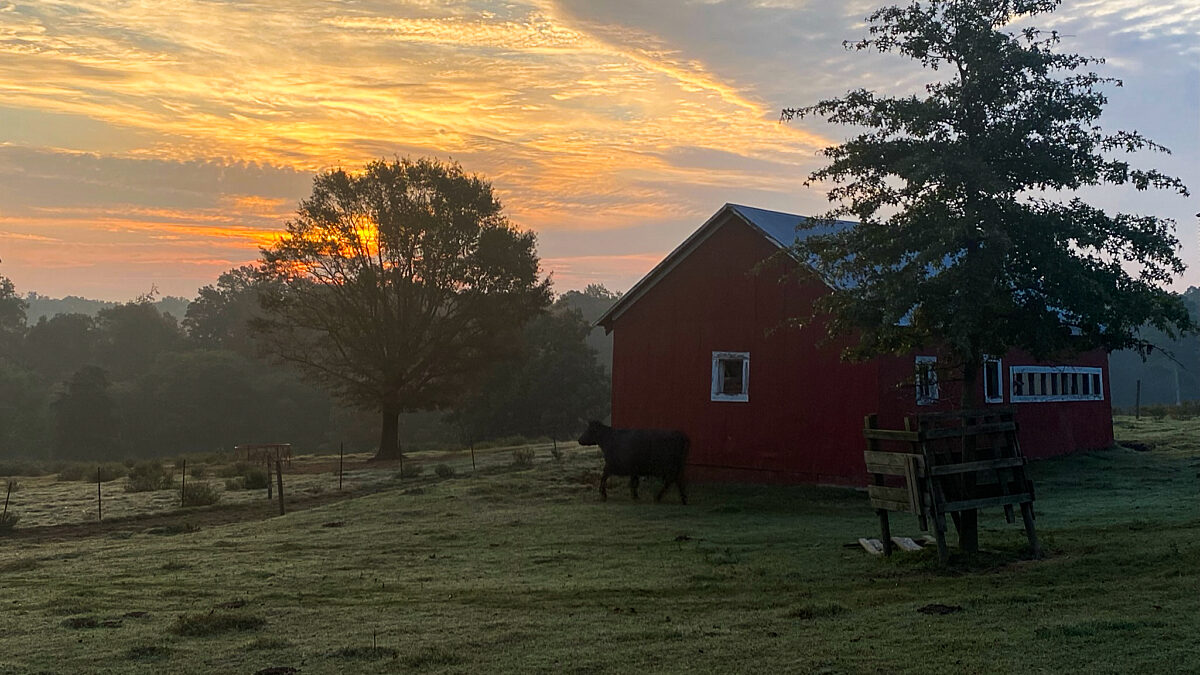2018: The Ag Year in Review
TOPICS
TradeGuest Author
Special Contributor to FB.org

photo credit: AFBF Photo, Mike Tomko
Guest Author
Special Contributor to FB.org
By Will Rodger
2018 was a tough year for the farm economy, but Congress and the courts helped soften the blow.
EPA Water Rule
The Environmental Protection Agency’s 2015 Waters of the United States rule continued to create concern across farm and ranch country. Its hundreds of pages of murky provisions that reached into areas functioning as productive farmland put farmers and ranchers at risk of five- and six-figure fines every time they worked their lands.
After years of back and forth in the court:
- The Supreme Court ordered the Sixth Circuit Court of Appeals in January to lift its nationwide stay of the rule, but federal district courts in North Dakota, Georgia and Texas issued interim orders blocking the rule in dozens of states;
- The EPA and Army Corps of Engineers in February published a rule to immediately delay implementation of the 2015 rule nationwide while they continued working to formally repeal the rule;
- The delay rule was struck down in August by a federal court in South Carolina, bringing the 2015 rule back from the dead in 22 states; dozens of states and business organizations, including AFBF, filed legal briefs asking the courts to permanently eliminate the 2015 rule nationwide; and
- In December, EPA and the Army Corps proposed a new Clean Water Rule that will—if finalized—provide a lawful and common-sense definition of “waters of the U.S.”
The fight continues, but no one can doubt this EPA – and Farm Bureau – will fight for clean water and clear rules.
The fight continues, but no one can doubt this EPA – and Farm Bureau – will fight for clean water and clear rules.
Trade
Farmers want fair trade. Results were mixed in 2018.
President Trump demanded a replacement for the North American Free Trade Agreement, and may have it.
After months of negotiations, officials delivered an agreement that gives America’s farmers increased access to dairy in Canada as well as non-discriminatory wheat pricing and grading standards. The agreement now goes to the House, where it is believed that Democrats may aim to strengthen minimum-wage provisions for Mexico, among other things.
China, in the meantime, ended up in a full-blown trade war as the U.S. and the world’s most populous nation piled tariff on tariff to force concessions from one another. Soybean farmers suffered the most as soy sent to China plummeted from 40 percent of U.S. exports to nothing at all in November. Spot soy prices – $9.60 a bushel at the beginning of the year – fell to $8.44 in September, recovering to $8.90 by year-end.
In all, U.S. farm income was at its third-lowest over the past 20 years – not a disaster, but too close for comfort for many farms.
Farm Bill
It took longer than many people wanted, but the 2018 farm bill passed the same year it was introduced. Improvements in cotton and dairy as well as a largely unchanged Supplemental Nutrition Assistance Program and conservation provisions meant a good outcome for most farms and ranchers. Hop producers will get crop insurance soon, while a new Office of Urban Agriculture and Innovative Production at the Agriculture Department allows rooftop, indoor and other urban farmers to compete for grant funding.
Mental health, too, gets attention as opioid addiction and suicide rates have spiked across rural America. The Farm and Ranch Stress Assistance Network will provide $10 million yearly through 2023 to pay for mental health professionals working in agricultural communities.
The farm bill also fights fraudulent organic imports by authorizing $5 million to help the department collect data on the organic sector. It also establishes $50 million in baseline funding for the Organic Agriculture Research and Extension Initiative.
Immigration and Labor
Hopes were high that Rep. Bob Goodlatte’s proposal to increase the number of legally authorized migrant farm workers would make it through Congress, but it was not to be. Although nearly all farm interests supported the bill, some voices claimed it did not go far enough. A good bill, it seemed, wasn’t good enough for everyone.
Will Rodger is director of policy communications at the American Farm Bureau Federation.
Top Issues
VIEW ALL